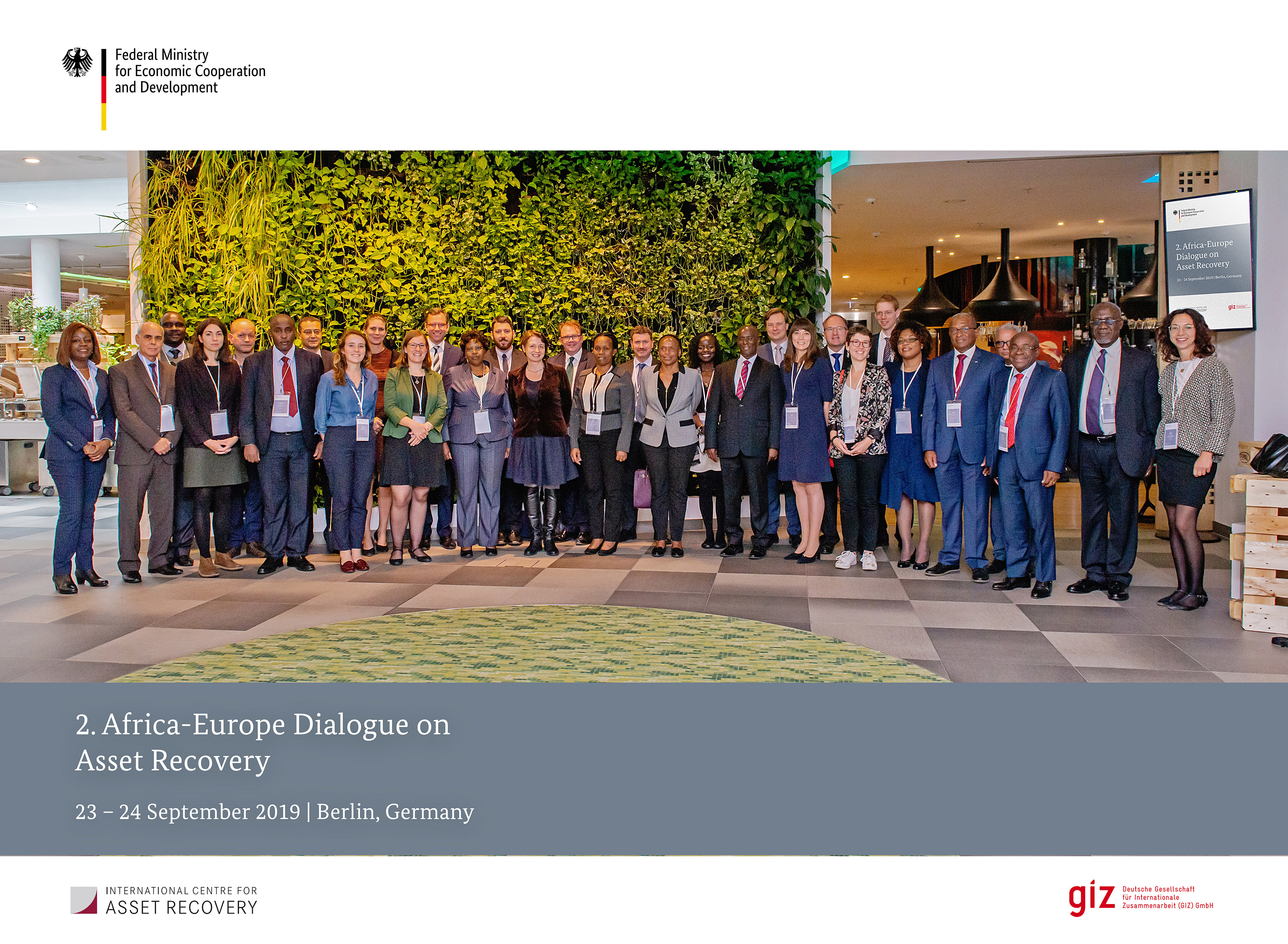Asset recovery for sustainable development: takeaways from the 2nd Africa-Europe Dialogue on Asset Recovery

The ultimate aim of fighting corruption and returning stolen assets is to fight poverty and achieve sustainable development – and asset recovery is therefore not a nice-to-have but an obligation under international law.
There was widespread agreement on these two points among the 35 policymakers and practitioners who participated in the Second Africa-Europe Dialogue on Asset Recovery on 23 and 24 September 2019. Hosted by the German Federal Ministry for Economic Cooperation and Development (BMZ) and organised by German development agency GIZ and the Basel Institute’s International Centre for Asset Recovery (ICAR), the event gathered participants from 10 European and African jurisdictions to share experiences and analyse developments since the successful first Dialogue event in March 2018.
Another point of agreement was that asset recovery is a continually evolving field where legal practitioners are challenged to constantly adapt their practice and be ready to use the investigative and legal tools at their disposal to the fullest extent. In this context, participants agreed that the following good practices needed to be adopted more widely:
- Countries should develop strategies for more efficient inter-agency communication and coordination, such as asset recovery agencies or specialised taskforces.
- Joint investigation teams could be useful in coordinating multi-jurisdictional asset recovery processes, and countries should in any case proactively open investigations on shared matters that concern their jurisdiction.
- Public-private partnerships, especially involving the financial sector, can facilitate efforts to identify and restrain stolen assets.
- Innovative legislative tools, such as legislation on unexplained wealth and non-conviction-based forfeiture, can facilitate asset recovery efforts. Countries need to afford each other the widest possible cooperation to allow applying such laws to international cases, and this is particularly important when it comes to interpreting the dual criminality principles.
This second Dialogue was a valuable opportunity to discuss tangible issues at a high level, build trust and support each other’s efforts to be creative, innovative and proactive in the recovery of stolen assets. We welcome all opportunities to more widely spread these results across the African and European asset recovery practitioners community.


